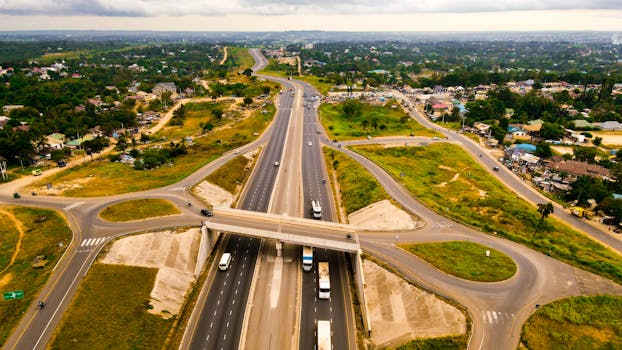
The Rise of Fiber Companies in Africa: Connecting a Continent – Fiber Optics
The rise of fiber companies in Africa is connecting a continent, with far-reaching implications for economic growth, education, and healthcare. As the demand for high-speed internet and reliable connectivity continues to grow, fiber companies are playing a crucial role in bridging the digital divide and empowering African communities.
Introduction to Fiber Optics in Africa
Fiber optics have revolutionized the way we communicate and access information, and Africa is no exception. With the rapid expansion of fiber networks across the continent, businesses, governments, and individuals are now able to connect with the rest of the world like never before. The rise of fiber companies in Africa has been driven by the need for faster, more reliable, and more affordable internet connectivity.
According to a report by the International Telecommunication Union (ITU), the number of internet users in Africa has grown from 10 million in 2000 to over 460 million in 2020. This growth has been driven by the increasing availability of mobile broadband networks, as well as the expansion of fiber optic cables. As a result, the demand for fiber optic connectivity has increased, with many countries investing heavily in the development of national backbone networks and international connectivity.
The Benefits of Fiber Optics in Africa
The benefits of fiber optics in Africa are numerous. For businesses, fiber optic connectivity provides a fast and reliable way to communicate with customers, suppliers, and partners. It also enables the use of cloud-based services, which can help to reduce costs and increase efficiency. For governments, fiber optics provide a secure and reliable way to connect with citizens, as well as to provide essential services such as healthcare and education.
Fiber optics also have the potential to transform the education sector in Africa. With the ability to access online educational resources, students can now learn from the best teachers and institutions from around the world. This can help to improve educational outcomes, as well as to increase access to education for marginalized communities. In the healthcare sector, fiber optics can be used to connect patients with medical specialists, as well as to provide remote healthcare services.
Challenges Facing Fiber Companies in Africa
Despite the many benefits of fiber optics in Africa, there are still several challenges that need to be addressed. One of the main challenges is the high cost of deploying fiber optic cables, particularly in rural areas. This can make it difficult for fiber companies to provide connectivity to these areas, which can exacerbate the digital divide.
Another challenge facing fiber companies in Africa is the lack of regulatory frameworks to support the development of fiber optic networks. In some countries, the regulatory environment can be uncertain, which can make it difficult for fiber companies to invest in the development of new networks. Additionally, the lack of skills and expertise in the installation and maintenance of fiber optic cables can also be a challenge.
Conclusion
In conclusion, the rise of fiber companies in Africa is connecting a continent and transforming the way we communicate and access information. While there are still several challenges that need to be addressed, the benefits of fiber optics in Africa are clear. As the demand for high-speed internet and reliable connectivity continues to grow, fiber companies will play an increasingly important role in bridging the digital divide and empowering African communities.




